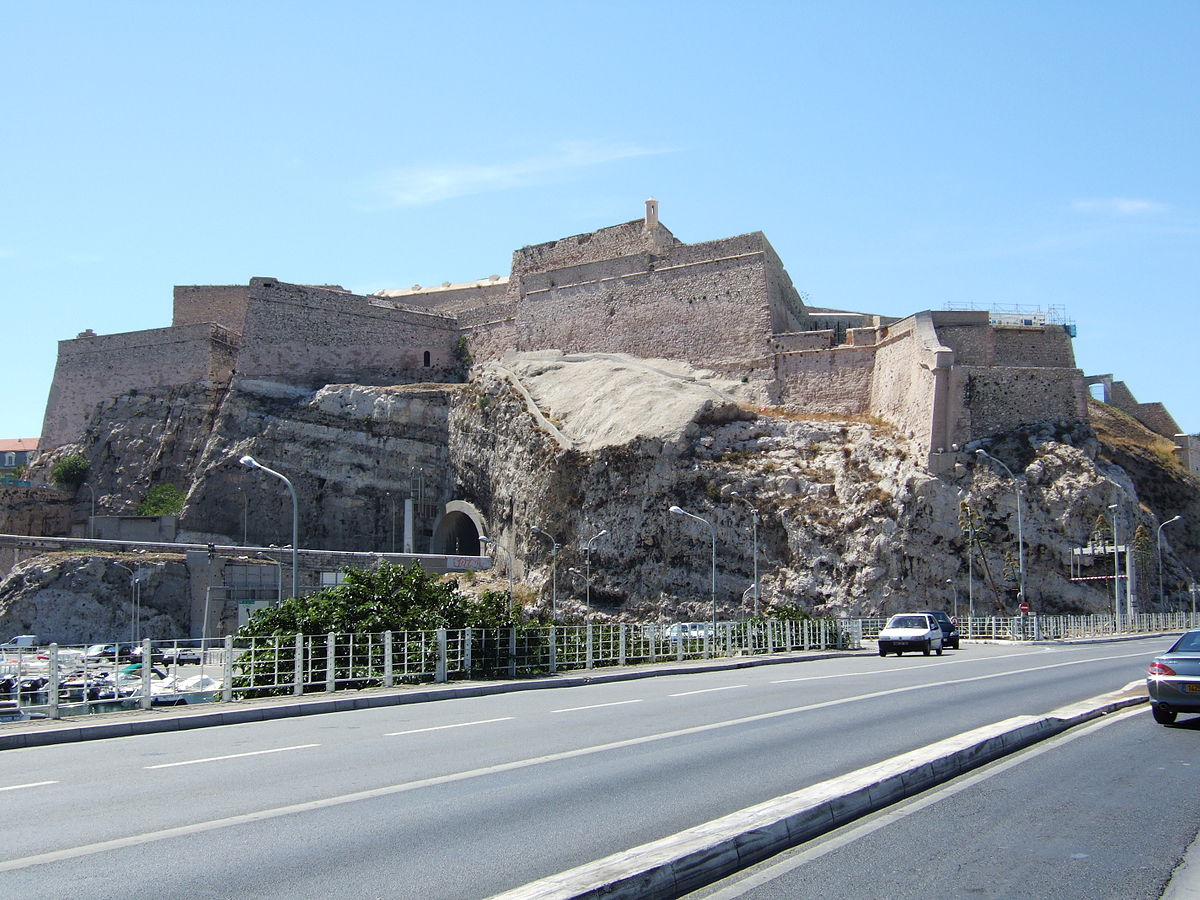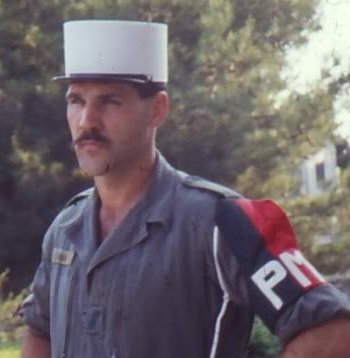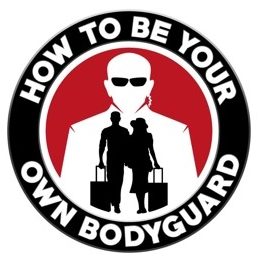NICK HUGHES INTERVIEW BY JEFF BLOOVMAN OF PRACTICALLY TACTICAL & ARMED DYNAMICS
This is the Nick Hughes interview done by Jeff Bloovman of Practically Tactical circa 2017. Jeff is a highly respected firearms instructor and martial artist who’s done acting and is now training to be a nurse.
Tell us a little bit about your background
The Early Years
I was born at a very early age and began my martial arts studies 8 years later when I discovered a Judo club at my school. My uncle had shown my older brother and I some Tae Kwan Do he was studying. It was very different from what we see now, and he did it in case he got drafted. To say we were captivated was an understatement. My brother Tony struck first. He found a copy of Black Belt magazine, and not long after, I found the Judo club. The club met two afternoons a week, which included about 30 minutes of Ju-jutsu afterward. It’s funny, even back then, I was more attracted to the 30 minutes of self-defense than the sports side.
A few years later, Bruce Lee burst onto the scene, and martial arts were all the rage. A Tae Kwan Do club started up at the school that was affiliated with a school in my neighborhood. I started training with them and also joined the school boxing and wrestling clubs.
Zen Do Kai
My brother, in the meantime, had started training in something called Zen Do Kai, which had a really bad reputation. The chief instructor Bob Jones had broken away from Goju-Kai. Allegedly he was someone who used his karate for security work which sent the purists into a tizzy. (I guess they lost sight of the fact that martial arts were developed to fight first and used by soldiers on battlefields to be more dangerous).
My parents were opposed to my training in Zen Do Kai, but I’d do it with my brother on the side. He and I would go to classes while my parents thought I was helping him landscape his house.
I progressed fast due to my antecedents in Judo etc., and because my brother was teaching me at home. Before long, I was a brown belt and going out on security gigs with my “elder brothers” in the club. It was heady stuff for a fifteen/sixteen-year-old. I took to it like a duck to water. Before long, I ended up bouncing in what was one of the roughest clubs in town. It was the only strip club in our city, and all the clientele were males. They’d always come in groups from four to forty because someone would be getting married, and that’s what your mates did. I got an incredible education in what worked as we averaged four scraps a night, six nights per week, for about six years. I have lots of scars on my fists and none on my face, so what I learned at Zen Do Kai clearly worked as they said it would.
Heading Overseas
Eventually, I was tired of beating all comers and wanted to get into the bodyguard world. Our organization was famous for looking after every major rock and roll band that came to Australia. We were so good at it that many of our guys went to tour the world with various rock stars. Some still do it to this day. Unfortunately, the bosses thought I was too young, so I decided to go overseas and get into diplomatic protection myself. I landed in London, black belt in hand, with some connections but quickly found out the organizations that hired protection personnel were only interested in ex-special forces. Get some military experience, and you’ll be good to go, they told me.
One of my connections introduced me to a team looking after some Jordanians, and one of the guys had been in the Legion. He told me, unlike the British Army, which had a 2-3 year waitlist at the time, the Legion would take me straight away. With the little money I had left, I went to Marseille and walked into Fort St Nicolas

The French Foreign Legion
Luckily I was accepted because I was down to my last five pounds (money, not weight) when I walked in the front door. I signed a contract for a minimum of five years. After basic training, I went to the famous 2nd parachute regiment in Calvi Corsica. There I was trained to be a para-commando and recon diver. After a couple of years of breaking my ankles with them – French parachutes are tiny, and I was over the safe weight limit – I volunteered to go to Djibouti on the Eastern Horn of Africa. Once called French Somalia, it is strategically important. This is for two reasons. 1. It’s the only deep seaport on the eastern seaboard of Africa. 2. It’s located at the mouth of the Red Sea. I started out there in the recon diver unit again and then switched to signals. (That was supposed to be a medic course which I really wanted for my bodyguarding career. Unfortunately, a classic military screw-up meant I became a signalman instead).
2 years later, I returned for the final year and a half of my contract at Legion HQ. There was no dive unit there, so I served out my time as an MP and unarmed combat instructor.

Finally A Bodyguard
During my final years in the Legion, I lined up a bodyguard course with CQB Services in the UK. A police mate from Oz came with me as he was interested in the field too. They were run by Lofty Weismann of 22SAS fame and Dennis Martin, a renowned martial artist and self-defense instructor in the UK. Dennis used to have the Miss Universe gig and ran the best training outside the military. I did so well that I was invited back as an instructor. I also had worked lined up for me. The day I walked out of the Legion, I was on my way to a job with the Saudi Royal Family.
Bodyguarding took me all over the world. I looked after the famous American artist Peter Max in Russia, rock bands all over Europe and the States, as well as businessmen and dignitaries. During one of the gigs in the States, I met my now ex-wife and gave up going on the road. I ended up settling in the US instead, where I find myself to this day. Initially, I started teaching karate here, but after 9/11, the demand was on for something more expedient. The obvious solution was military unarmed combat, so I returned to teaching it. Eventually, I merged what I was doing with Krav Maga – the Israeli Defense Forces version of hand-to-hand combat – which is what I still teach today.
Along the way, I did some pro-boxing, some Filipino martial arts, yoga, and Tai Chi and hooked up with Paladin Press to do a series on Foreign Legion Unarmed Combat. I also appeared on Spike TV’s “Deadliest Warrior.” I represented the Legion against the Gurkhas in what was the penultimate episode.
Who trained you, and in what disciplines?
In Australia
My very first class was with Doug Tritton at the school Judo club and Laurie Witherow, who ran the ju-jutsu program. Len Elwell ran the school boxing club and was a black belt Judoka as well. He was tougher than woodpecker lips. Then Ken Mayfield was the Tae Kwan Do instructor, as well as Moon Lee from Ji Do Kwan. After those guys, it was into Zen Do Kai, and that was a slew of different instructors. Most notable of all was Jones – the head of the system – and Mal Anderson, who was the State representative. I got into kickboxing with them and worked out on the side with bouncers who’d had training in different systems.
Overseas
After I left Australia, it was whoever I could catch up with, wherever the Legion sent me. There were black belts in the Legion and unarmed combat instructors. There were clubs in Calvi Corsica, Aubagne, Marseille, a Shotokan club in Djibouti, and boxers. We all cross-trained, which is why I laugh now when I run into MMA kids who are convinced they invented the concept.
Once the Legion was behind me, I was faced with the same dilemma. Bodyguarding sent me all over, so it was difficult to train with one person/system in any one place. I trained with the British Judo Association at the Finchley club under George Maxwell. On a gig in France, I trained in Filipino martial arts with Jeff Espinous in Paris. Tamas Weber in Sweden (trainer of the anti-terrorist unit and a former Legionnaire) invited me over. Dave Arnold a hard-as-nails Goju guy on the Isle of Wight, was next. Then it was more training with Den Martin in Liverpool. In the States, I started Aikido with the likes of Toyoda Sensei in AAA Aikido and David Dye in Yoshinkan. I went back to Judo with the USJA and received recognition of my ju-jutsu skills with them as well. Then I got back into FMA with Ray Dianaldo of Filipino Combat Systems, and I also got the opportunity to train with Hock Hockheim. Finally, I have caught up with and have taken a couple of classes with Bobby Taboada of Balintawak.
Too Many Teachers, Not Enough Time
There are others too numerous to mention. In Zen Do Kai, Tony Quinn had been a British catch wrestler, and he used to show us stuff to incorporate into our karate. While at the Judo club in the UK, we’d all head to the Tokai on Sat mornings and cross-train with the Judo, Sambo, and wrestling guys. In the Legion, I got to do military Tae Kwan Do with guys from Korea and Thai boxing with some Laotians. I trained with some Spetnaz guys in Russia at a local gym and swapped wrestling for kicking classes.
I still have a long list of people I want to train with…hopefully one day, I’ll find the time.
What Does It Mean to Be Your Own Bodyguard? What’s The Difference Between That & A Fighter?
Great question. I think the premise behind the book came about while doing all the bodyguard training. I used to wonder why nobody in the self-defense world was teaching the same situational awareness training we were getting. All the self-defense books, and instructors, started with the premise that you’d already been attacked. In the Executive Protection world, we were learning that was the last thing you wanted to do. Learning how the bad guys operated and how best to avoid them was more important.
The funny thing was that the average Joe was far more likely to need our sort of training than a lot of our clients. A lot of the latter were using us often enough as a status symbol. I kept thinking I have to write a book about this one day for the public who can’t afford our services.
S.I.V.A.
To elaborate a little bit more, I discovered that almost all crime follows a series of steps which I call SIVA. The S stands for “selection,” and that deals with who they pick and why they picked them in particular. Next comes “I” for “isolation,” which is how they operate on the periphery of tourist traps and or quiet areas after leaving clubs and so on and how we can harden our profile during that vulnerable period. The third is “V” for “verbal,” which is the patter they use to distract you so, once they’re close enough, they can launch their assault and catch you unawares. Last is the attack. From that, we can see that 75% of the whole problem has nothing to do with fighting. If you can learn to master these soft skills, then fighting almost becomes unnecessary.
To pound the point home…if all you can do is fight, then you’re like the guy with the hammer. Every problem looks like a nail. If, on the other hand, you have some training in situational awareness, then you can choose to avoid the risks of fighting almost altogether.
Can anyone learn to be their own bodyguard?
I think so. The techniques, as you’ll see when you read the book, are easy enough, and the beauty of them is they don’t take long. I always run into people who say, “why would you want to live your life that way?” which is amusing. What way, exactly? Learning a few simple measures you can incorporate into your daily routine to avoid ever becoming a victim of violent crime? It’s no different than putting on a seat belt and takes about the same amount of time. I don’t assume the seat belt wearer is paranoid about getting into an accident…I just think he’s being prudent. This is no different
Some professionals differentiate between techniques as hard skills and soft skills. What does this mean, and which is more important?
Hard skills, as far as I’m concerned, are the actual techniques of fighting. Headbutts, elbows, knees, fists, and boots are all examples. Soft skills, on the other hand, are things like knowing how bad guys pick their victims, how they conduct themselves during the commission of a crime, how your body prepares itself to fight, what’s the psychological aftermath of human conflict, and how do we deal with it, what is the dreaded OODA loop, and what are the warning signs you’re about to be attacked. I think they’re equally important. Take the people on the planes on the day of 9/11, for example. You could have practiced all the soft skills and situational awareness you knew that day, but it was still going to come down to a fight. Fighters would be well served in learning how to avoid trouble, and naïve people who wheel out the “I can talk my way out of anything” drivel need to learn how to fight.
Who should read this book?
The target is anyone who’s concerned about human conflict and/or dealing with violent criminals wherever they may encounter them. A lot of people are waking up to the fact that their personal defense isn’t going to come down to the police but to themselves. What’s the old saying, “when seconds count, the police are only moments away.” A lot of that I think, is due to the proliferation of cameras now that are showing people with no real understanding or experience with violence just how sudden and brutal it can be and that nobody is coming to help you when it happens.
You’ve learned many invaluable lessons through fighting that you now choose to pass on to others. What drives you to take on this massive responsibility?
Believe it or not, I was bullied growing up. Now that I have the knowledge – and some say the ability – to pass it on, I want to make sure nobody has to suffer at the hands of bullies or criminals. I also don’t have any children – at least none that I know of – and I’d like to leave some sort of legacy behind when I cast off this mortal coil. I picked a number one day and said I’d like to teach half a million people how to protect themselves. What drives it is that a) I’m good at it (or so I’m told) and b) I don’t have a lot of time left to get it done.
What is one thing that most people don’t know about you?
Well, I hope there’s more than one, but probably that I’m intelligent and well-read. When you’re six feet, eight inches tall, have a bald head, and a goatee, were a mercenary for the French, and have a background in martial arts, a lot of people leap to the conclusion you must be some mindless bruiser. I read about five books a week, love learning foreign languages, and would go back to school in a heartbeat to study performance psychology if I could find the time.
Any Advice For Aspiring Writers?
Sure. The only way it gets done is to do the work. Set a time every day and, without fail, sit in front of your computer and don’t leave till you’ve written at least three pages. Expect to do many, many re-writes, and don’t expect to make any money back at all. That about sums it up.
